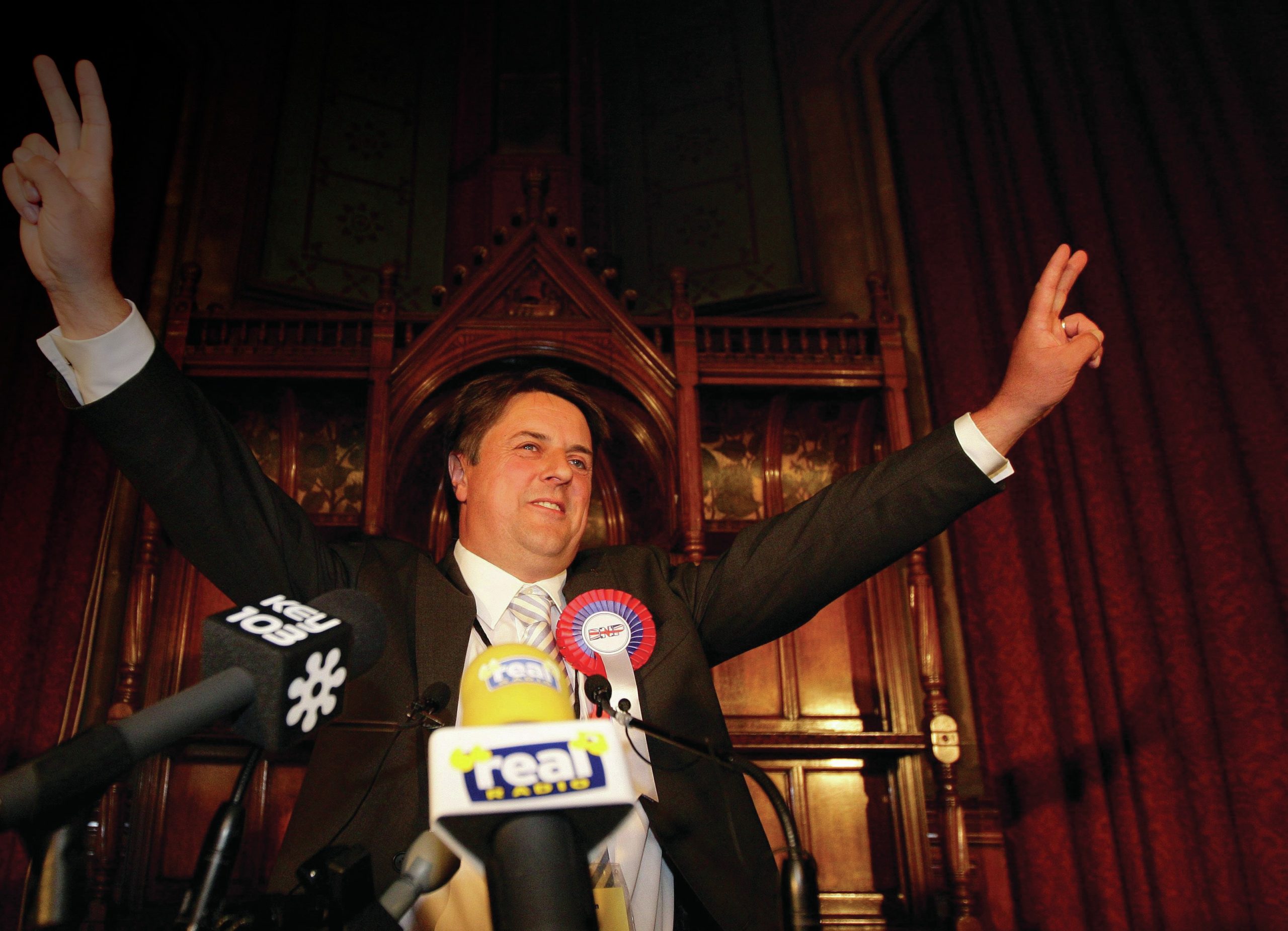
By the time you read this, there may well have been a general election, or the campaigning for one will be in full swing. You will thus be able to see whether some of the trends and issues discussed here have continued to be a feature of British politics. This article explores the recent electoral successes of the far-right British National Party, suggesting some of the particular circumstances that made these successes possible but also putting them into perspective. You would do well to follow the author’s suggestion and read O’Donnell and Chetty (2008) on multiculturalism to ensure that you have a thorough grasp of this concept. One of the interesting features discussed in this article is the perception of some members of the white working class that they have been neglected — even betrayed — by recent governments, particularly, perhaps, the Labour governments in power since 1997. This article is of particular importance to students studying ‘Power and politics’, but its links to social class make it useful reading for all students.
In June 2009 the British National Party (BNP) made political history by winning its first seats in a national election. Nick Griffin, the party leader, and Andrew Brons each became a Member of the European Parliament (MEP) in the North West region and Yorkshire and Humber respectively. In the council elections during the same week, the BNP won its first seat on an English county council when it took the Padiham and Burnley West ward from Labour with 30% of the vote.
Your organisation does not have access to this article.
Sign up today to give your students the edge they need to achieve their best grades with subject expertise
Subscribe
